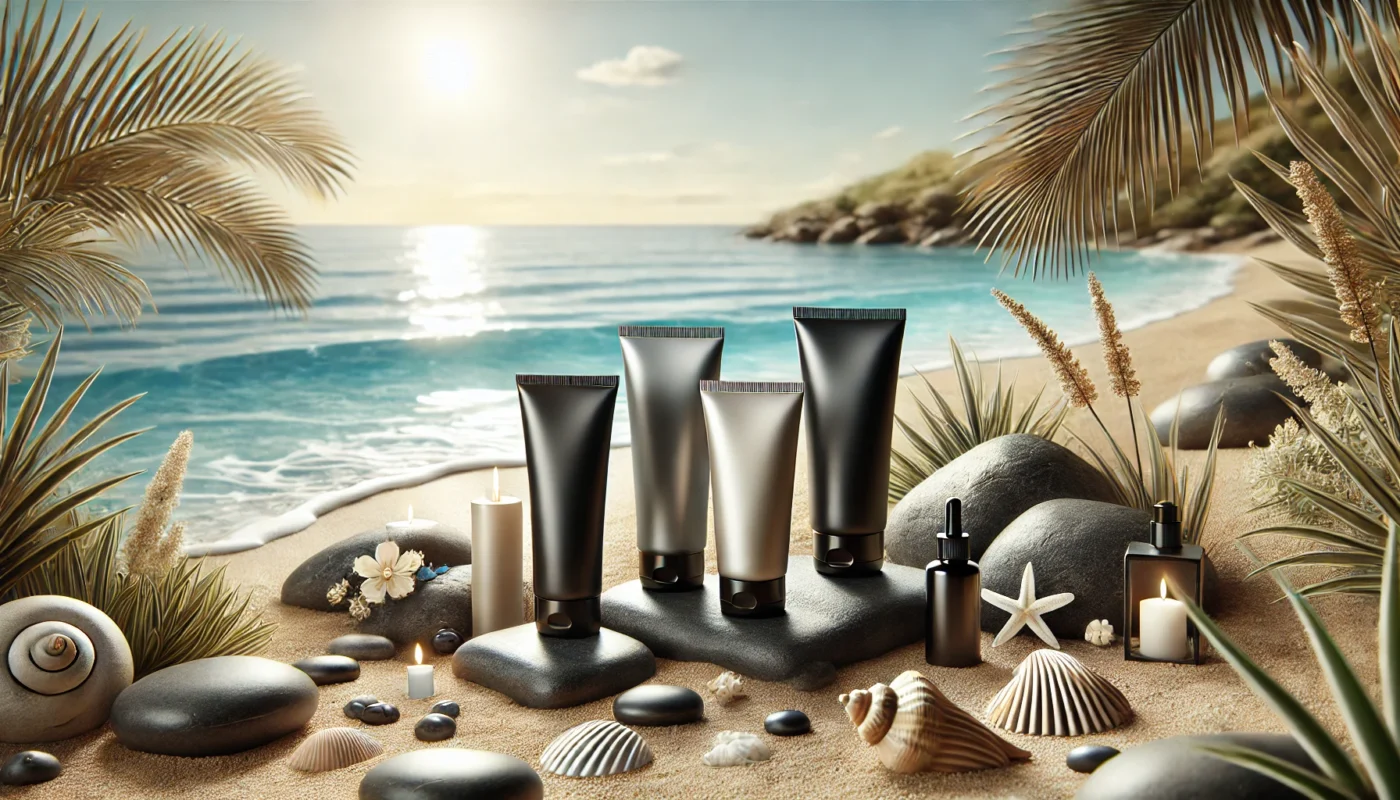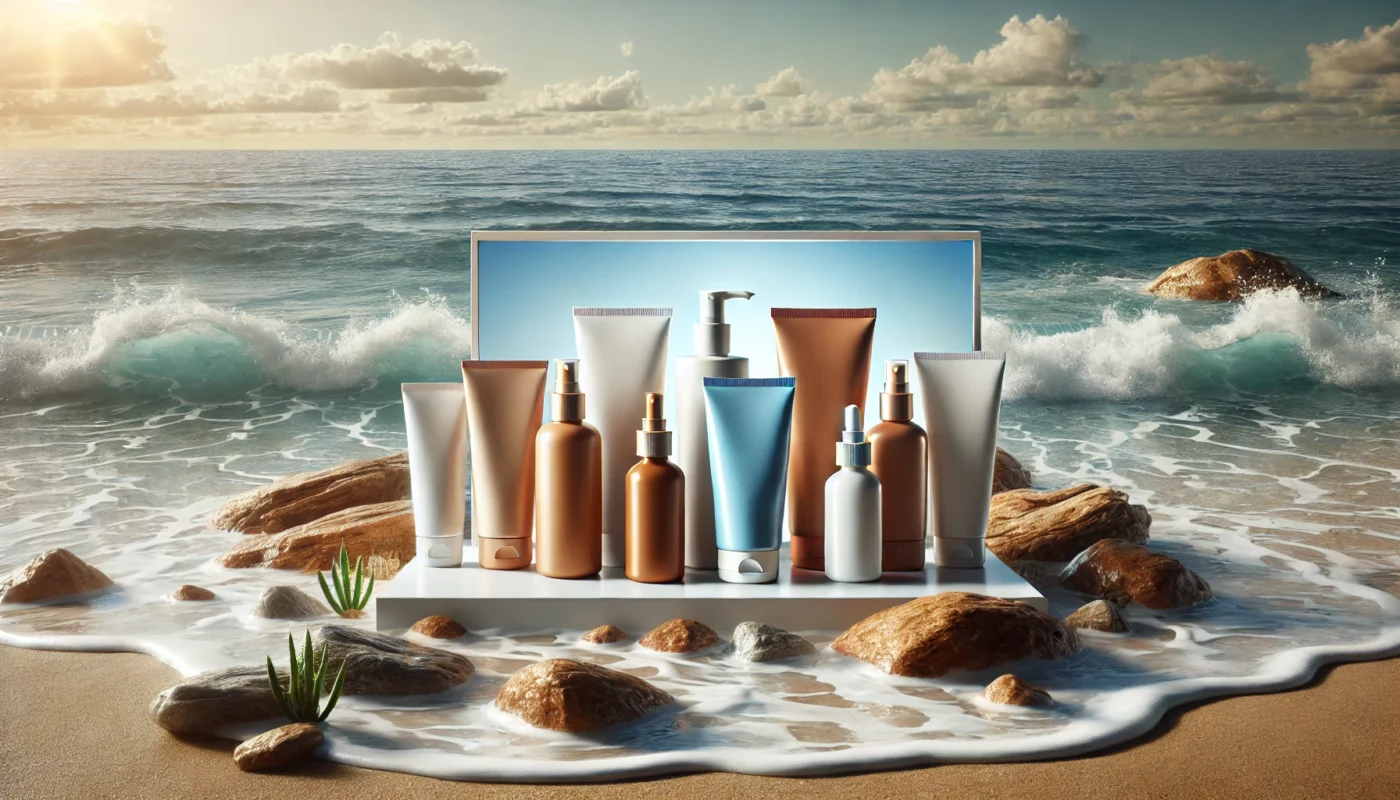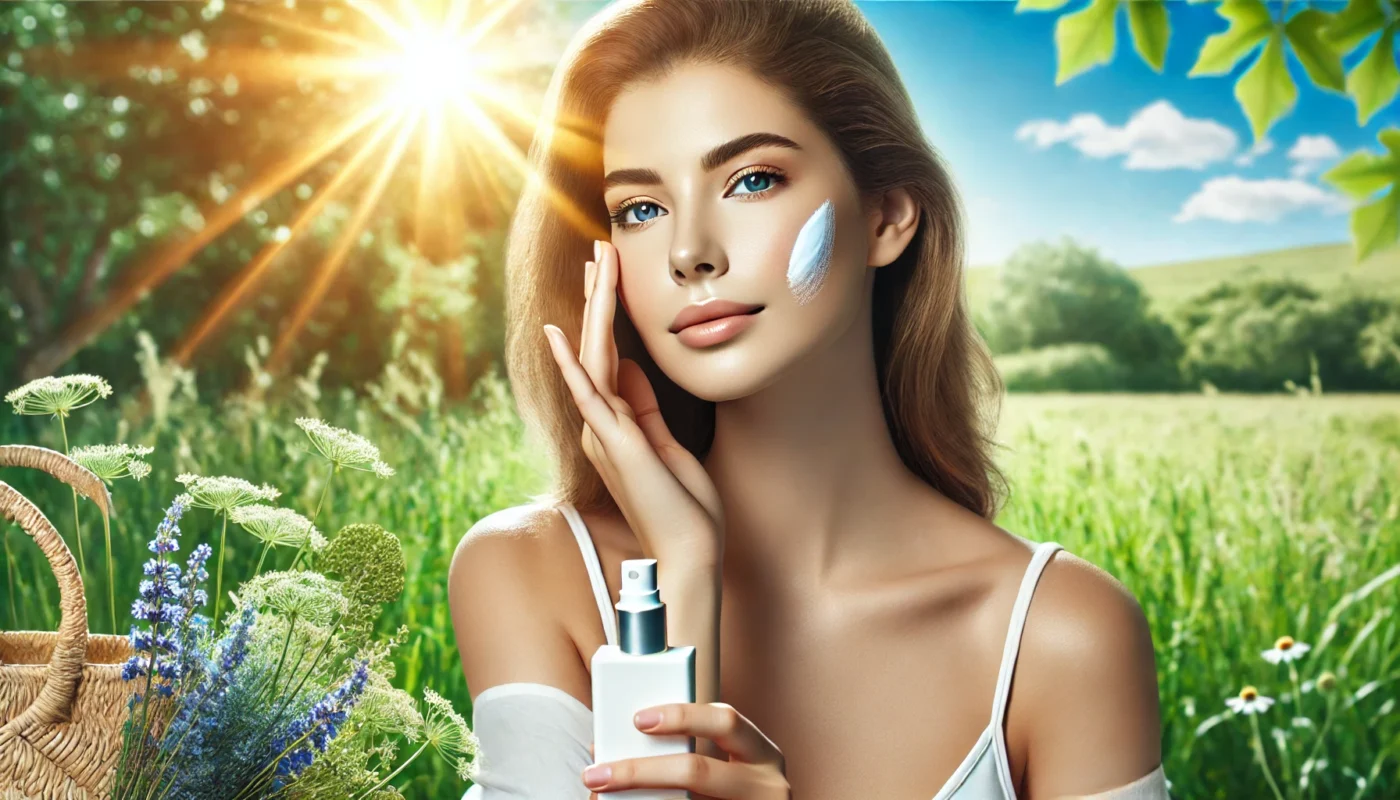Cancer treatments, such as chemotherapy and radiation, can significantly alter skin sensitivity, making it more susceptible to sun damage. The skin’s natural barrier becomes compromised, necessitating a heightened level of protection. Sunscreens play a vital role in safeguarding the skin, preventing sunburn, and reducing the risk of long-term damage. The best face sunscreen for cancer patients should provide robust protection while being gentle on the skin.
Tag Archives: mineral sunscreen
The primary function of sunscreen is to protect your skin from the harmful effects of ultraviolet (UV) radiation. However, many traditional sunscreens can cause irritation, especially when applied to sensitive facial skin. This irritation often results in stinging eyes, which can be particularly uncomfortable and even deter people from using sunscreen altogether.
The timing of sunscreen application is crucial. Applying sunscreen 15 minutes before sun exposure is a guideline rooted in the functionality of chemical sunscreens. These sunscreens contain organic compounds that need time to absorb into the skin and form a protective barrier against ultraviolet (UV) radiation.
Sensitive skin is characterized by heightened reactions to both environmental factors and topical products. This can manifest as redness, itching, burning, or dryness. Understanding the nature of sensitive skin is crucial when choosing the right sunscreen, as many formulations can exacerbate these issues.
Before we explore the benefits, it’s imperative to understand what distinguishes lightweight sunscreen from traditional formulations. Unlike heavier sunscreens that may leave a greasy residue, lightweight sunscreens offer a non-comedogenic, fast-absorbing solution that feels comfortable on the skin.
Sun protection is a crucial part of any skincare routine. It’s not just about preventing sunburns, but also about protecting your skin from harmful UV rays.
But have you ever wondered what’s in your sunscreen?
The term “clean” has been making waves in the beauty industry, and it’s now reached the realm of sun protection. Clean face sunscreens promise to shield your skin without the use of potentially harmful ingredients.
In this comprehensive guide, we’ll delve into the world of clean face sunscreens. We’ll explore what “clean” really means, the science behind sun protection, and how to choose the best product for your needs.
Whether you’re a fitness enthusiast, a health enthusiast, or a medical patient, this guide is designed to provide you with practical, scientifically-backed information.
Sun protection is crucial for maintaining healthy skin. It’s a key defense against skin damage and skin cancer.
But not all sunscreens are created equal.
For those with sensitive skin, the fragrance in sunscreen can be a source of irritation. This is where non-fragrance sunscreens come into play. They offer the same protection without the potential allergens found in fragranced versions.
This guide aims to shed light on the best non-fragrance sunscreens available. It will delve into the science behind sunscreen formulation and the benefits of going fragrance-free, especially for those with sensitive skin.
We’ll also provide practical advice on how to select and use unscented sunscreens. Plus, we’ll address common concerns and questions related to sun protection.
Sun protection is a crucial part of any health and wellness routine. It’s not just about preventing sunburns, but also about safeguarding your skin from harmful ultraviolet (UV) radiation.
However, finding the right sunscreen can be a challenge. One common issue is the dreaded white cast, a chalky residue that some sunscreens leave on the skin.
This guide is here to help. We’ll delve into the science behind sunscreens and explain why some products might leave a white cast. We’ll also discuss the differences between mineral and chemical sunscreens, and how they protect your skin from UV rays.
But we won’t stop there. We’ll provide practical advice on how to apply sunscreen effectively to avoid a white cast. We’ll also offer detailed recommendations for sunscreens that are invisible or nearly invisible on the skin.
Sun protection is a crucial aspect of skin health. Yet, not all sunscreens are created equal.
Enter mineral sunscreen for the face. This type of sunscreen offers a natural, effective alternative to traditional chemical sunscreens.
But what makes it so special? And how does it contribute to your overall wellness?
This comprehensive guide will delve into the science behind mineral sunscreen. We’ll explore its benefits, particularly for sensitive skin, and how it compares to its chemical counterparts.
We’ll also provide practical tips on how to incorporate mineral sunscreen into your holistic skincare routine. By the end, you’ll be well-equipped to make informed decisions about your sun protection strategy.
Sun protection is a crucial part of any skincare routine. It shields our skin from harmful UVA and UVB rays.
But not all sunscreens are created equal. Some can leave a greasy residue, making your skin feel oily.
This can be a particular issue for those with oily or acne-prone skin. It can also be a nuisance for fitness enthusiasts who don’t want their sunscreen to interfere with their workout.
Enter non-oily sunscreens. These products offer the same protection without the greasy feel. They’re a game-changer for those who want to protect their skin without the shine.
In this guide, we’ll delve into the world of non-oily sunscreens. We’ll explore the science behind these formulations and how they can benefit your skin.
- 1
- 2










